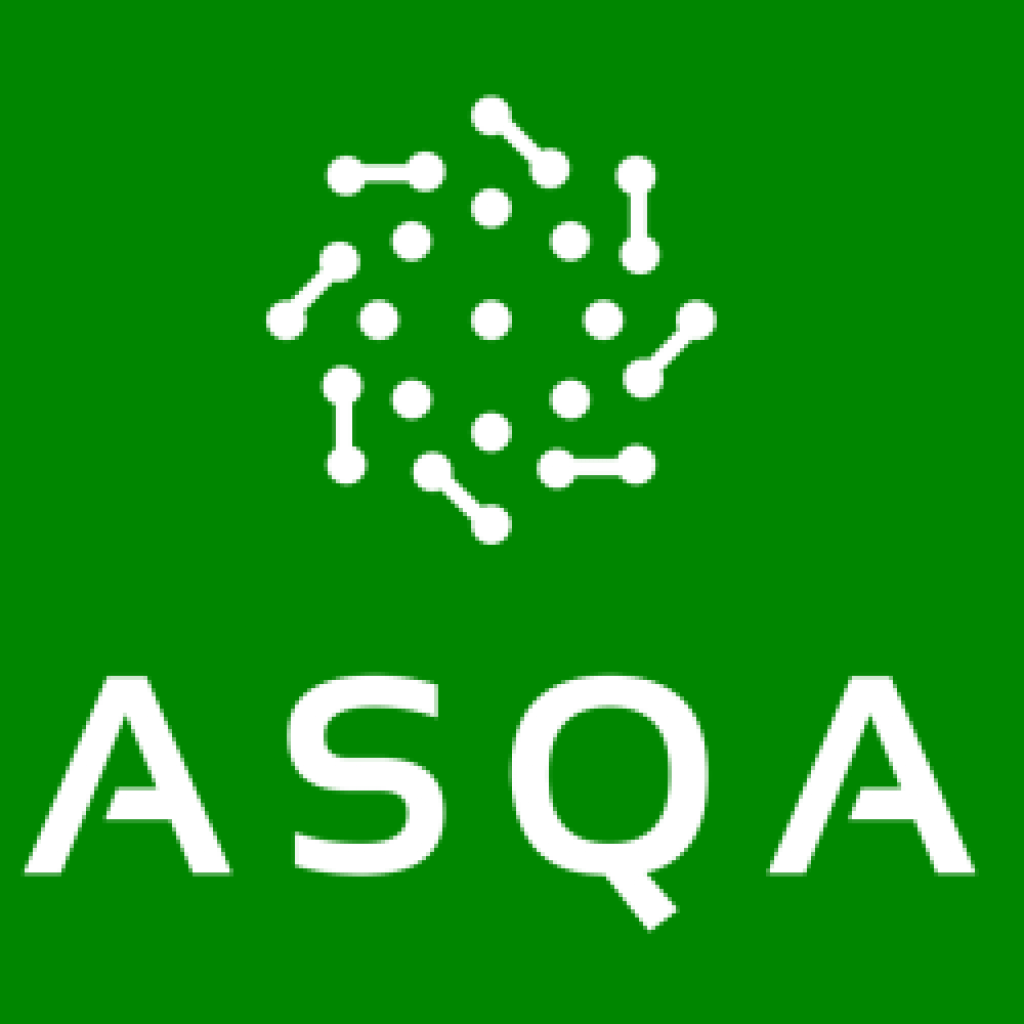Quantum computing firm Pasqal and fellow French company MBDA, a defense systems vendor, have partnered to pursue quantum-driven optimization of defense capabilities to run on Pasqal’s quantum computers.
In announcing the partnership, the companies noted that Pasqal’s quantum computers have many applications in the defense field, including decision support, network design and optimization, pattern recognition and target identification, mission planning and scheduling optimization, anomaly detection, and UAV trajectory planning, among others.
The companies added in a statement that quantum optimization and defense are a good match because “quantum computing is a tool that allows to solve optimization problems for which the complexity increases exponentially with the number of variables and for which the scaling is complicated.”
“We are proud of this partnership with MBDA,” said Georges-Olivier Reymond, CEO of Pasqal, in the statement. “We continue to show that the maturity of Pasqal’s technology allows us to address solutions to concrete problems. We are convinced that this use case is a milestone in the use of neutral atom quantum technologies in the defense field.”
Alexandre Kotenkoff, Quantum Community coordinator of MBDA, added, “Quantum Computing has been identified as a key-component for future complex weapons computation needs and could become a game changer for defense applications, since it opens a new area of possibilities particularly important for MBDA’s domains of expertise. This partnership with Pasqal is the opportunity to strengthen our capabilities in this field and to pursue our close collaborations with the ecosystem of start-ups exploring emerging technologies.”
Defense also makes a lot of sense as a target industry for Pasqal, given that the company back in April took in a funding round that was co-led by Quantonation and the Defense Innovation Fund, managed by Bpifrance on behalf of the Defense Innovation Agency. That agency was created a little over three years ago to drive innovation initiatives for France’s Ministry of the Armed Forces.
It’s been a busy couple of months for Pasqal. Earlier this month, the company, which is based outside Paris, won a Start-up of the Year award from French business magazine Usne Nouvelle. And late last month, Pasqal published a paper proposing a machine learning protocol “for measuring the similarity between graph-structured data, which are ubiquitous and with applications in many fields,” the company said.
Pascal’s paper detailed “how a Quantum Evolution Kernel (QEK) can serve as a more versatile and scalable procedure for building graph kernels and analyzing graph-structured data on quantum devices as compared to classical computers. Benchmarking expected performances on a neutral-atom quantum computer, researchers found that QEK is stable against detection error and on par with state-of-the-art graph kernels on classical systems in terms of accuracy.”
The paper also stated, “Graph kernels are computer functions that measure the similarity of pairs of graphs in machine learning applications, but their complexity have posed a challenge to classical computing systems. The study’s participants believe the new QEK will enhance research in fields that utilize graph structures even when deployed on NISQ-era quantum devices, including chemistry, bioinformatics, computer vision, social network analysis and natural language processing.”
All of this recent news significantly boosts the reputation of a 40-person company that is using neutral-atom technology to create quantum processors on a qubit pace matching IBM’s roadmap. Pascal has stated that it plans to have a 1000-qubit quantum processor by 2023, the same year as IBM plans to exceed the 1,000-qubit mark.
